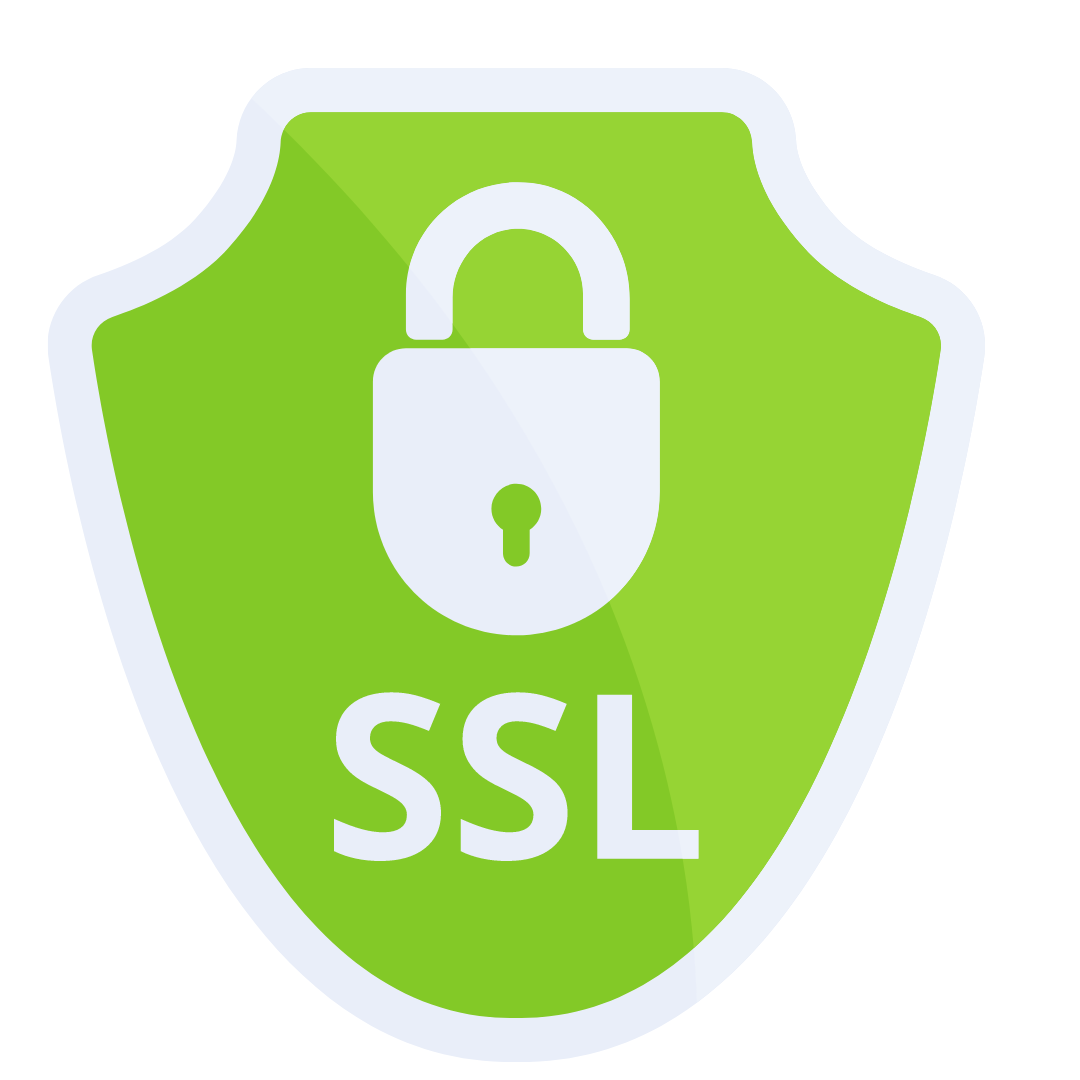In the digital era, website security is paramount. An SSL (Secure Sockets Layer) certificate is a vital component of this security, encrypting data transmitted between a user’s web browser and a website’s server. In this comprehensive guide, we will demystify the process of obtaining an SSL certificate. You will learn why having one is essential and how it can benefit your website. So, let’s dive into the world of SSL certificates and secure your online presence.
Why You Need an SSL Certificate
Before we explore how to get an SSL certificate, let’s understand why having one is crucial for your website:
- Data Security: SSL certificates encrypt data, ensuring sensitive information like login credentials and financial transactions remain private.
- SEO Benefits: Search engines, like Google, favor SSL-protected websites, boosting their search rankings and visibility.
- User Trust: SSL certificates display a padlock icon and “https” in the URL, instilling trust in visitors, which can lead to increased engagement and conversions.
- Legal Requirements: Many industries and regions have legal requirements mandating the use of SSL certificates, especially for websites handling personal data.
Now, let’s delve into the steps to obtain your SSL certificate:
Step 1: Determine Your SSL Certificate Needs
Before you start the process, identify your specific SSL certificate requirements. Consider the following:
- Type of Certificate: Decide between single-domain, multi-domain (UCC/SAN), or wildcard certificates based on your website’s structure.
- Validation Level: Choose between Domain Validation (DV), Organization Validation (OV), or Extended Validation (EV) certificates, depending on the level of trust and authentication required.
2: Choose a Certificate Authority (CA)
A Certificate Authority is a trusted entity that issues SSL certificates. Select a reputable CA to ensure trustworthiness and reliability. Popular CAs include Comodo, DigiCert, and Let’s Encrypt (which offers free certificates).
3: Generate a Certificate Signing Request (CSR)
To obtain an SSL certificate, you need to generate a CSR, which is a cryptographic file containing your website’s details. This file will be used by the CA to issue your certificate. You can generate a CSR using your web hosting control panel or server software.
4: Submit the CSR and Required Documents
Once you have your CSR, submit it to your chosen CA. Depending on the type of SSL certificate you’ve selected, the CA may request additional documents to verify your identity and ownership of the domain(s) included in the certificate.
5: Complete the Validation Process
The CA will initiate the validation process, which varies based on the certificate type. For DV certificates, validation is typically done via email confirmation, while OV and EV certificates involve more rigorous identity checks.
6: Install the SSL Certificate
After validation, the CA will issue your SSL certificate. Install it on your web server following the instructions provided by your hosting provider or server software.
Frequently Asked Questions (FAQs)
Can I get an SSL certificate for free?
- Yes, Let’s Encrypt offers free DV certificates. However, for higher validation levels or specialized needs, you may need to purchase one.
How long does it take to get an SSL certificate?
- The time frame varies depending on the CA and the type of certificate. DV certificates can be issued within minutes, while OV and EV certificates may take a few days.
Do I need a dedicated IP address for an SSL certificate?
- In the past, a dedicated IP address was required, but with Server Name Indication (SNI) technology, many hosting providers support multiple SSL certificates on a single IP address.
Can I move my SSL certificate to a different server?
- Yes, you can transfer your SSL certificate to a different server. Consult your CA’s documentation for instructions.
Is it possible to install an SSL certificate myself?
- While it is possible to install an SSL certificate yourself, it’s recommended to seek assistance from your hosting provider or IT professional, especially if you’re not familiar with server configurations.
What is the cost of SSL certificates?
- SSL certificate costs vary widely based on the CA, certificate type, and additional features. DV certificates are often the most affordable, while EV certificates tend to be more expensive due to extensive validation.
Conclusion
Obtaining an SSL certificate is a crucial step in securing your website and gaining the trust of your visitors. It’s a relatively straightforward process that involves selecting the right certificate, choosing a reputable Certificate Authority, and following the necessary steps for validation and installation. With an SSL certificate in place, your website will be safer, more trustworthy, and better positioned in search engine rankings.
Take the initiative to secure your online presence today, and enjoy the benefits of a safer and more trusted website.
About us:
Amaze Server completely customizable low maintenance premium network great low prices. high performance enhance security unmetered streaming servers Cloud Servers Hosting, Dedicated Server, VPS Server, Cloud Server, Bulk iP Server, Game Server, SAP Cloud Soultion and Colocation.
Read More: https://www.trendingusnews.com/

